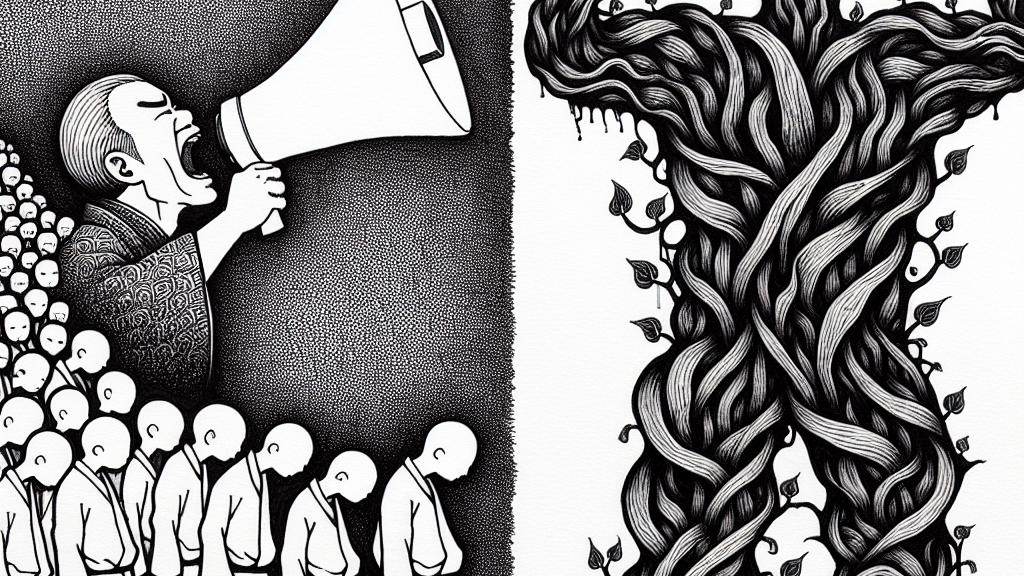Shouting: The Great Illusion of Growth Unveiled!
Overview
- This article critically examines the traditional belief that shouting encourages personal development.
- Neuroscience reveals that shouting activates fear responses, hindering learning.
- Constructive feedback and empathetic communication are presented as effective alternatives.

Cultural Context and The Misconception of Shouting
In Japanese culture, shouting is often seen as a legitimate approach to motivating individuals, especially in schools and workplaces. It is commonly believed that reprimanding someone will instill discipline and foster personal growth. Naoto Muranaka's book, 'Shouting Doesn't Lead to Growth,' challenges this mindset. Muranaka argues that when individuals are shouted at, rather than feeling inspired or motivated, they typically enter a state of defense, focusing on survival rather than engagement. This perpetuates a cycle of fear that inhibits genuine growth, leading to further dependence on punitive measures.
Neuroscientific Insights into the Effects of Shouting
Neuroscience provides a compelling explanation for the negative impacts of shouting. When people are yelled at, their brains trigger a defensive response mediated by the amygdala, which is responsible for processing threats. This 'fight-or-flight' reaction diverts cognitive resources away from reasoning and learning, which are crucial for personal development. As a result, instead of promoting meaningful change, shouting often drives individuals to avoid confrontation and suppress any potential for internal reflection. This phenomenon shows that instead of fostering a learning environment, shouting creates one riddled with anxiety and resistance.
Embracing Constructive Feedback as a Path to Growth
To foster genuine growth, environments should shift from reliance on shouting to adopting constructive feedback methods. Progressive educational and workplace strategies emphasize the importance of empathetic dialogue, supportive communication, and positive reinforcement. For instance, using techniques that focus on behavioral improvement instead of punishment encourages individuals to view mistakes as opportunities for learning. By creating spaces where people feel safe to express themselves, engage with material, and reflect on their actions, organizations and educators can cultivate resilience, foster a growth mindset, and drive profound, sustainable personal development.

Loading...